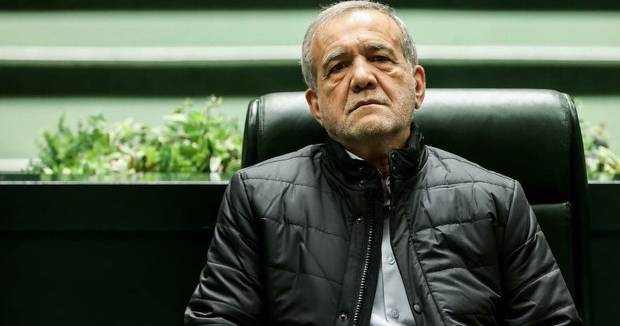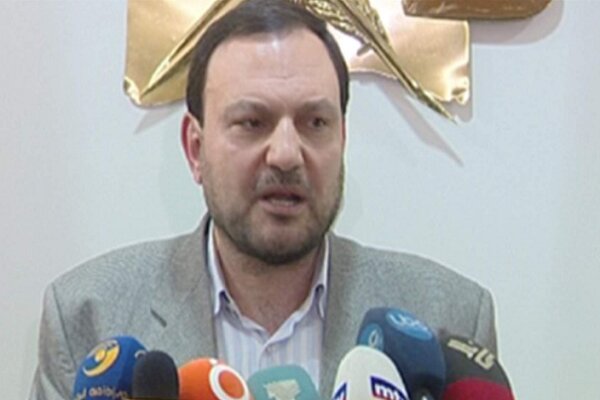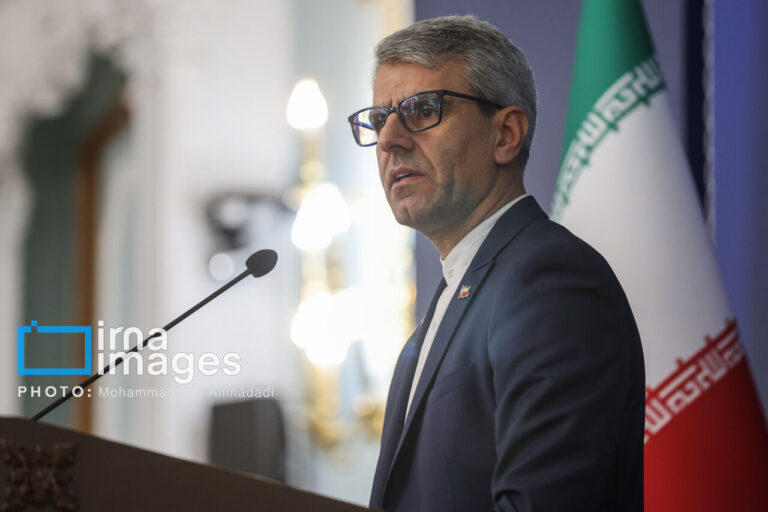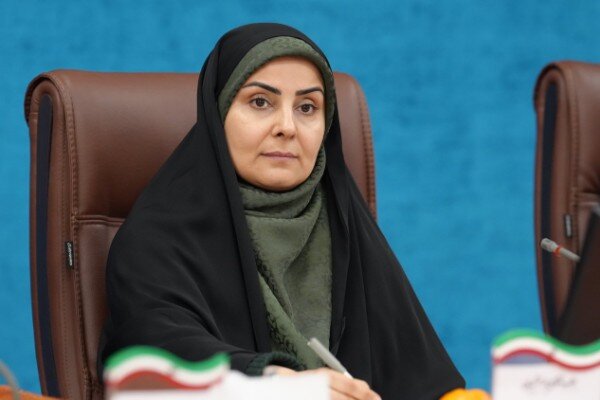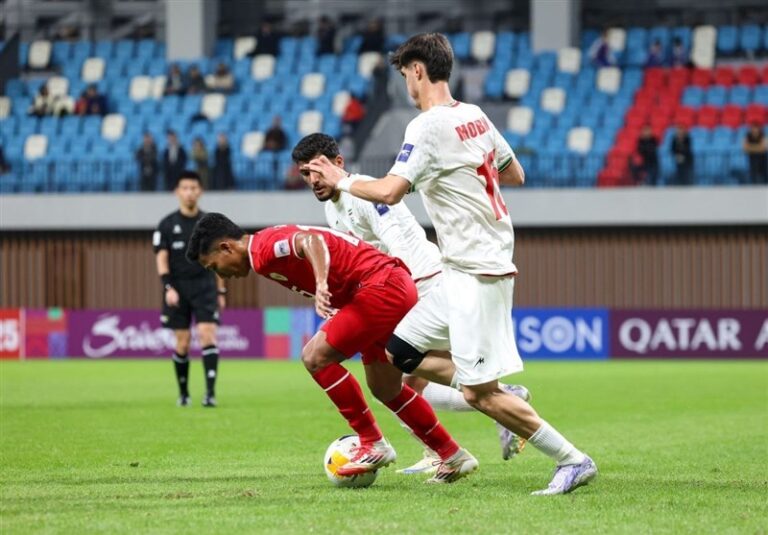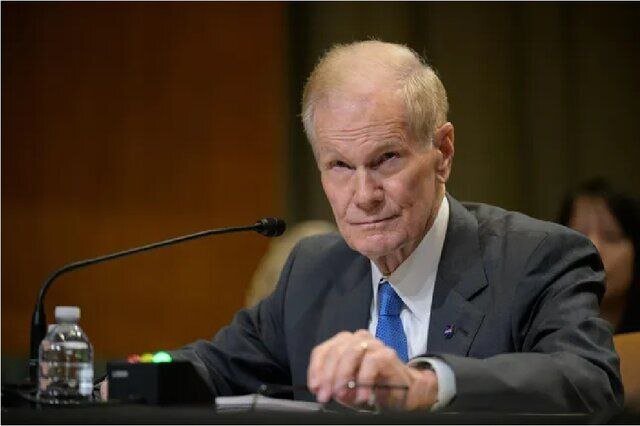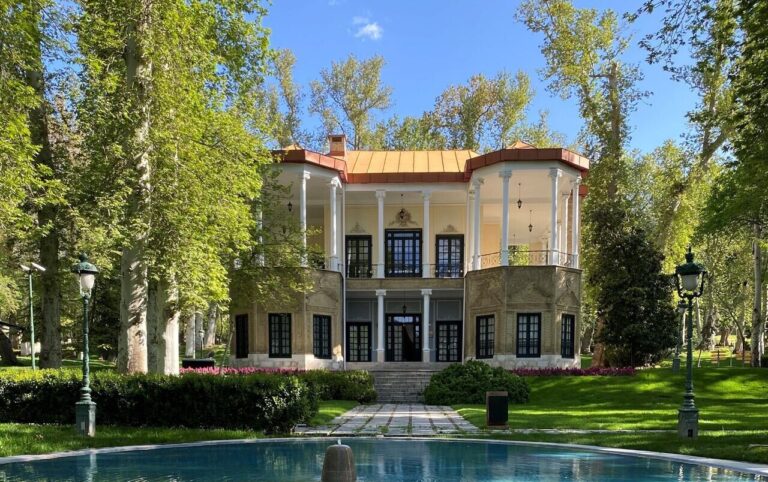Iran’s Pezeshkian Dismisses Trump’s Threat: ‘Do Whatever You Want!’
In recent developments, Iran’s President Masoud Pezeshkian has strongly criticized US President Donald Trump’s threats regarding military action against Tehran if a nuclear deal is not reached. Pezeshkian emphasized that the Islamic Republic will not be coerced into negotiations, highlighting the complexities surrounding the ongoing nuclear discussions.
Speaking on the escalating tension, Pezeshkian stated, “What (Trump) did to that Zelensky is truly shameful,” referencing a controversial interaction between Trump and the Ukrainian president, a key ally during wartime. This incident has been cited by Iranian officials as evidence of the United States’ unpredictable behavior and perceived bullying on the global stage.
Tehran has consistently resisted Trump’s proposals for a new nuclear agreement. In fact, Iran’s Supreme Leader, Ali Khamenei, has firmly ruled out any discussions with the US government. Pezeshkian echoed this sentiment, asserting, “It is unacceptable to say, ‘We give orders to do this (or) not to do that.” He declared, “I will not come to (negotiate with you). Do whatever the hell you want!“
The backdrop of these remarks is a worsening economic situation in Iran, largely attributed to US-led sanctions. Despite the pressure, Pezeshkian has advocated for dialogue with Washington, aiming to alleviate Iran’s isolation and address the severe financial distress affecting the nation, which poses a risk of unrest.
However, Khamenei has continuously dismissed the idea of negotiations, emphasizing that the United States cannot be trusted. This stance reflects a broader sentiment within the Iranian leadership regarding foreign relations and nuclear policy.
Additionally, Pezeshkian’s efforts have been hindered by hardliners who orchestrated the ousting of two moderate members from his cabinet. This political maneuvering has significantly impacted his economic and diplomatic initiatives, leading some analysts to speculate about the potential for his resignation.
Despite Iran’s assertions that it does not seek nuclear weapons, the situation remains tense. Recently, the UN’s nuclear watchdog reported a substantial increase in Tehran’s stockpile of highly enriched uranium, which has raised concerns internationally.
In light of these developments, the United States and the European Union have expressed that Iran’s nuclear activities lack any credible civilian justification. They have called for Iran to immediately cease its actions, further complicating the already fraught diplomatic landscape.
- Iran’s President: Masoud Pezeshkian criticizes US President Donald Trump.
- Key Issue: Threats of military action if Iran does not engage in nuclear negotiations.
- Supreme Leader’s Stance: Ali Khamenei rules out talks with the US, citing a lack of trust.
- Economic Context: Iran faces severe economic challenges due to US sanctions.
- Political Turmoil: Hardliners have removed moderate officials from Pezeshkian’s cabinet, affecting his agenda.
- Nuclear Concerns: UN reports indicate a rise in Iran’s uranium stockpile.
As the situation continues to evolve, the implications of Iran’s nuclear policy and its international relations remain critical. The potential for further sanctions and diplomatic isolation looms large, as both Iran and the United States maintain their respective positions. The outcome of these tensions will undoubtedly shape the future of not only Iran but also the broader geopolitical landscape.
In conclusion, the interplay between Iranian leadership, US foreign policy, and international nuclear regulations presents a complex challenge that requires careful navigation. As discussions remain stagnant, the prospect of a resolution seems distant, leaving Iran to grapple with both internal and external pressures.
